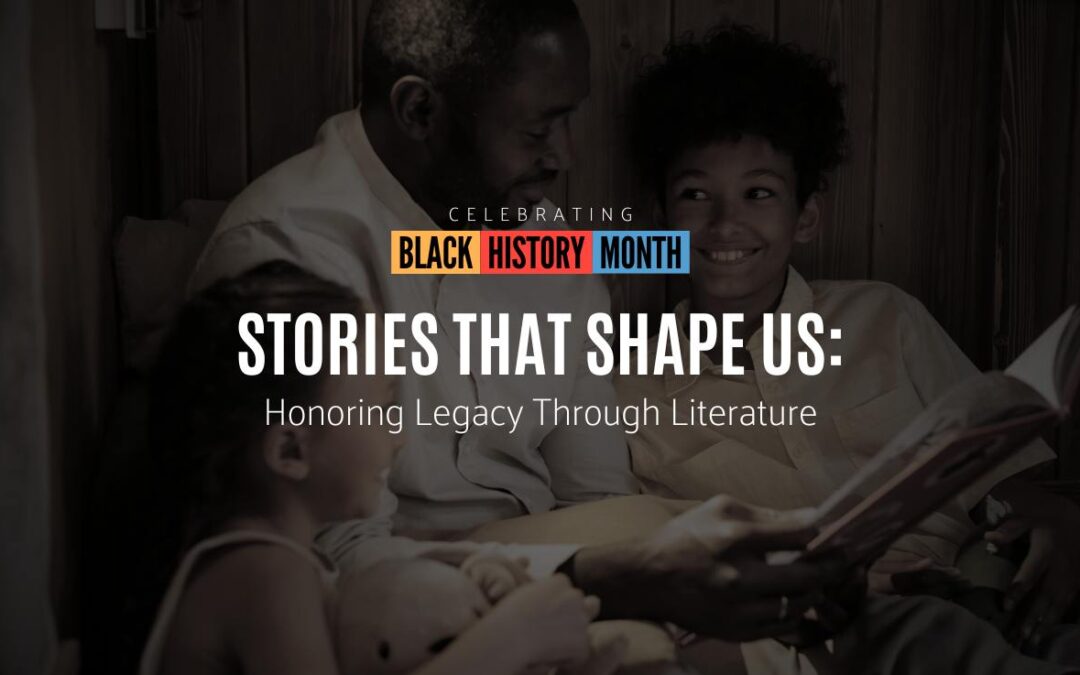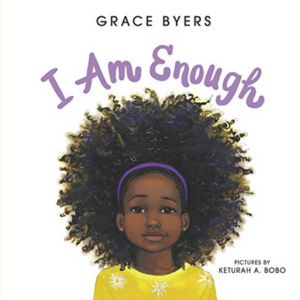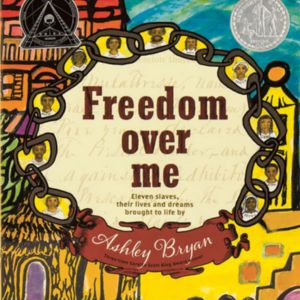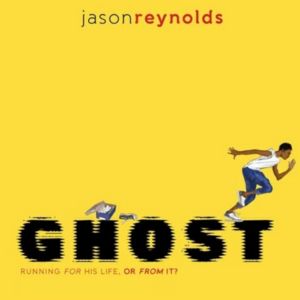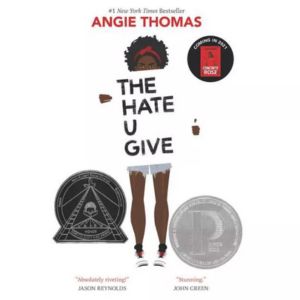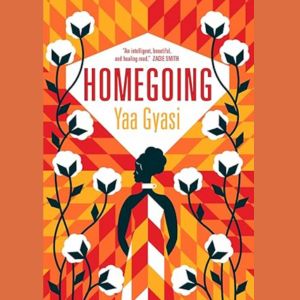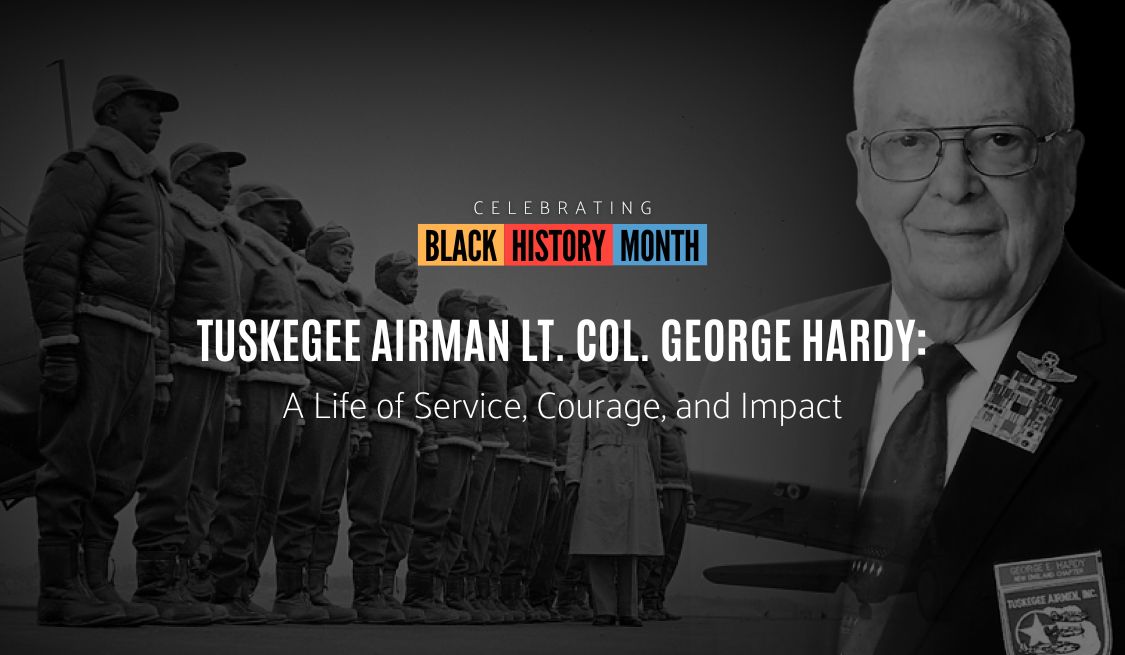Turning Pages, Changing Lives: The Power of Storytelling
I still remember the first time I read Their Eyes Were Watching God by Zora Neale Hurston. I was young, maybe too young to fully grasp all the themes, but something about Janie’s journey the way she found her voice, her freedom stuck with me. It was one of the first times I saw a Black woman centered in a story, not just as a side character or a lesson, but as the hero of her own life. That book changed me. It made me see storytelling as power, as history, as legacy.
Black History Month isn’t just about remembering the past, it’s about honoring the voices that have shaped us and making sure they continue to be heard. Black history isn’t separate from American history; it is American history. It’s in the music we listen to, the laws that govern us, the innovations that make our lives easier, and, most of all, the stories that have been passed down through generations. The stories of Black Americans are stories that belong to all of us.
Blueprints for the Future
When we reflect on Black history, we think of people who defied the odds to make their mark. We think of Frederick Douglass, who taught himself to read and used words to fight for freedom. We remember Maya Angelou, whose poetry and prose gave voice to generations of women who had been told to be silent. We celebrate James Baldwin, who challenged the world with truth and fire in his words. These stories are more than history; they are blueprints for the future. They remind us that representation matters, that literacy is a form of liberation, and that every child deserves to see themselves reflected in the books they read.
As Black History Month comes to a close, there’s a meaningful way to continue the celebration: through Literacy Week. This is a chance to engage with Black voices in literature, not just in textbooks but in poetry, fiction, and stories that reflect the depth of Black experiences. Whether you’re revisiting the classics like The Color Purple by Alice Walker or diving into contemporary works like The Hate U Give by Angie Thomas, there’s no shortage of powerful books to explore. Challenge yourself, your children, or your students to read at least one book by a Black author this month. Even better, share that experience with others.
If you want to make a direct impact, join us as a volunteer reader during United Way of Delaware’s Literacy Week and help bring these stories to life for children in our community. Get involved today, because the next chapter starts with us.
And before you go, check out this MUST READ Book List By Black Authors (segmented by age) and our UWDE Black History Month Spotify Playlist:
Small Children (Ages 0 – 5)
- “Hair Love”– Matthew A. Cherry
- “I Am Enough” – Grace Byers
- “Crown: An Ode to the Fresh Cut”– Derrick Barnes
- “All Because You Matter”– Tami Charles
- “Baby Goes to Market”– Atinuke
Elementary Children (Ages 6 – 10)
- “Mae Among the Stars”– Roda Ahmed
- “The Undefeated” – Kwame Alexander
- “Sulwe”– Lupita Nyong’o
- “Freedom Over Me”– Ashley Bryan
- “My Name Is a Story”– Ashanti
Middle School (Ages 11 – 13)
- “New Kid”– Jerry Craft
- “One Crazy Summer” – Rita Williams-Garcia
- “Brown Girl Dreaming”– Jacqueline Woodson
- “Ghost”– Jason Reynolds
- “Bud, Not Buddy”– Christopher Paul Curtis
High School (Ages 14 – 18)
- “The Hate U Give”– Angie Thomas
- “Black Enough: Stories of Being Young & Black in America” – Edited by Ibi Zoboi
- “Long Way Down”– Jason Reynolds
- “Clap When You Land”– Elizabeth Acevedo
- “Tyler Johnson Was Here”–Jay Coles
Adults
- “The Warmth of Other Suns”– Isabel Wilkerson
- “Between the World and Me” – Ta-Nehisi Coates
- “How the Word Is Passed”– Clint Smith
- “Homegoing”– Yaa Gyasi
- “The Fire Next Time”–James Baldwin
